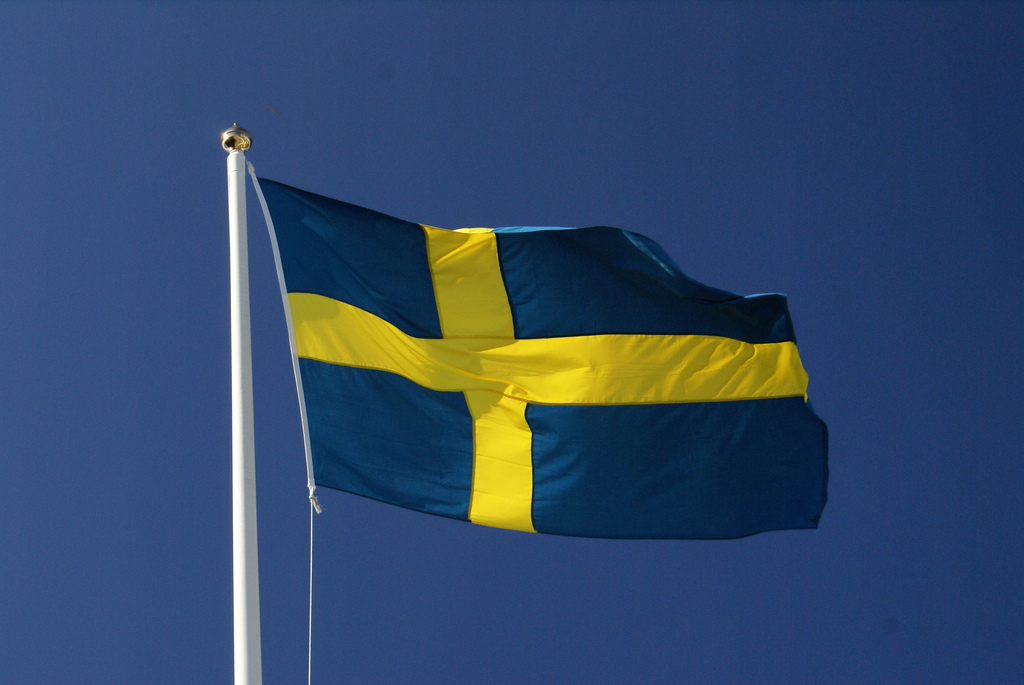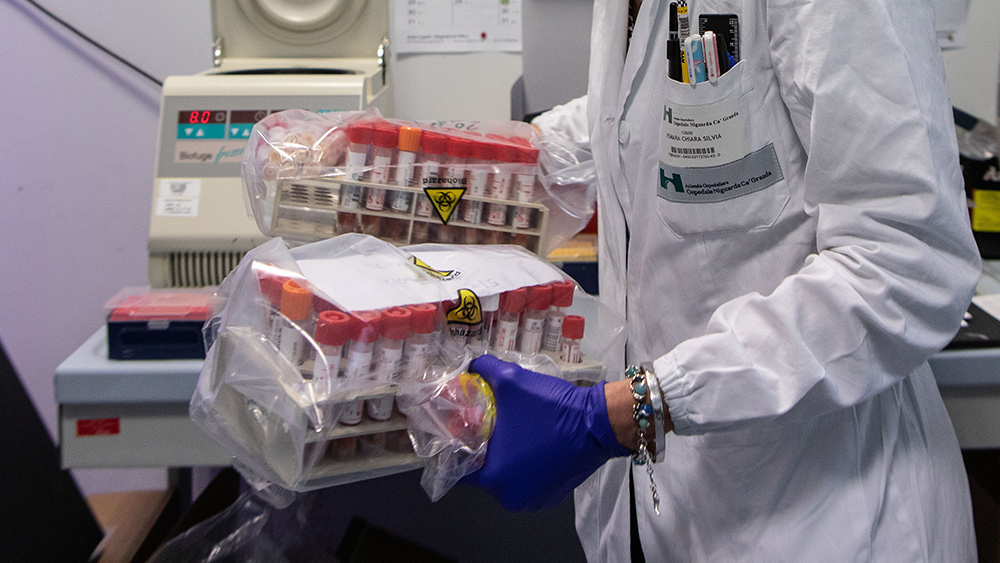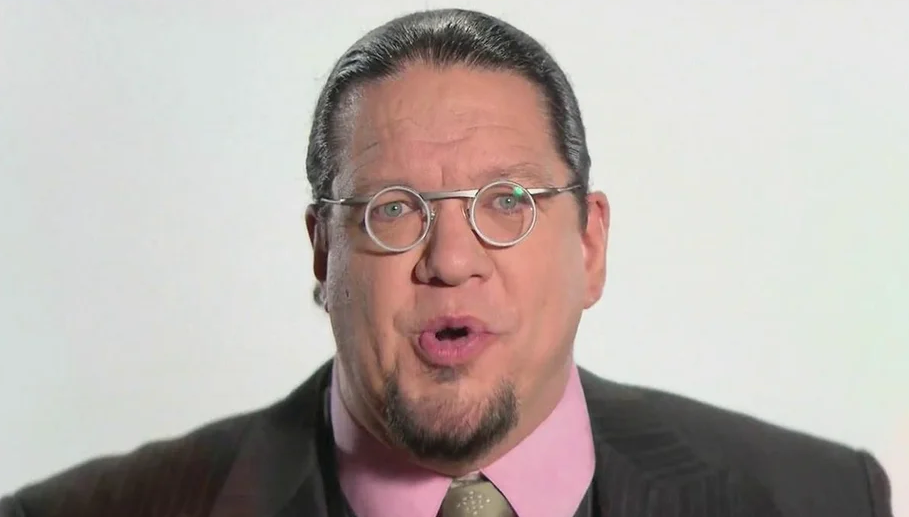Sen. Ted Cruz calls WHO report on coronavirus origin “shameful” for mimicking CCP narrative
02/25/2021 / By Nolan Barton

Republican Sen. Ted Cruz called the report of the World Health Organization (WHO) on the origins of the coronavirus “shameful” for mimicking the narrative of the Chinese Communist Party (CCP) that the disease didn’t originate from a Wuhan laboratory.
“At the outset of the pandemic, the WHO acted as a propagandist for communist China, echoing the CCP’s lies,” the Texas senator tweeted on Wednesday, Feb. 10. “Now, the WHO concludes that the virus did not accidentally escape from a Wuhan government lab because … the CCP told them it didn’t.”
Peter Embarek, a Danish scientist who led the WHO fact-finding mission in China, earlier dismissed the claim that the virus may have leaked from a local virology lab in Wuhan as “extremely unlikely.”
Embarek’s team visited the lab on Feb. 3 and wrapped up the trip on Feb. 9. According to him, bats remained the likely source.
“The laboratory incident hypothesis is extremely unlikely to explain the introduction of the virus into the human population,” Embarek said. “Therefore, [it] is not in the hypotheses that we will suggest for future studies.”
The WHO team said it could take years for health experts to fully understand the origins of the coronavirus.
“I think the report is shameful,” Cruz told Fox News on Feb. 10. “The WHO, instead of stepping in as medical professionals and instead of acting quickly to stop this pandemic, just echoed the lies from the Chinese Communist government.”
The State Department on Feb. 9 said the United States would present its conclusion after reviewing the full WHO report. The department cast doubt on the amount of transparency afforded to the WHO experts during their time in Wuhan.
Chinese dissident Yuan Hongbing, an academic and vocal critic of the CCP, condemned the WHO’s findings on the origins of the pandemic as “a farce staged by the Chinese regime,” adding that the CCP is likely to leverage the organization to deflect responsibility for causing the global crisis.
WHO accused multiple times of acting at the behest of CCP
The WHO had been accused of acting at the behest of the Chinese regime many times before.
A report by Republican members of the House Foreign Affairs Committee in September 2020 stated that the CCP engaged in active cover-up efforts of information surrounding the spread of the coronavirus and the WHO enabled the cover-up by praising the CCP and “parroting” its talking points.
In July last year, the Trump administration announced plans to withdraw from the WHO. Former President Donald Trump said the organization failed to investigate credible reports from sources in Wuhan that conflicted with Beijing’s accounts about the virus’s spread and “parroted and publicly endorsed” the theory that human-to-human transmission was not happening.
In Japan, Taro Aso, the deputy prime minister and finance minister, noted that some people have started referring to the WHO as the “Chinese Health Organization” because of its “close ties to Beijing.”
Taiwanese officials said the WHO ignored its early warnings about the virus because China refused to allow Taiwan, a self-governing island it claims as its territory, to become a member. (Related: World Health Organization (WHO) forced to release statement after awkward Taiwan interview.)
Critics have faulted the organization and its leader, Dr. Tedros Adhanom Ghebreyesus, for moving too slowly in declaring a global health emergency. They said the WHO has been too trusting of the Chinese government, which initially tried to hide the outbreak in Wuhan.
Chinese health officials repeatedly played down the severity of the outbreak when cases of a mysterious viral pneumonia first appeared in Wuhan in December 2019
When the virus spread beyond China’s borders in mid-January last year, Chinese officials described it as “preventable and controllable.” They said there was no evidence it could be transmitted between humans on a broad scale.
The WHO seconded the government’s claims, saying in mid-January that human-to-human transmission had not been proven.
WHO reluctant to declare global health emergency to appease China
In late January last year, the virus spread to more than half a dozen countries and forced China to place parts of Hubei Province under lockdown. But the WHO was still reluctant to declare it a global health emergency.
Officials of the WHO said at the time that the committee discussing the epidemic was divided on the question of whether to call it an emergency, but concluded that it was too early. One official reportedly said they were weighing the potential impact of such a declaration on the people of China.
When the U.S. announced a ban on most foreign citizens who had recently visited China, the WHO said travel restrictions were unnecessary.
The organization only declared the spread of the coronavirus a pandemic on March 11.
Some experts argued that the WHO’s delay in making such declaration deprived other countries of valuable time to prepare hospitals for a surge in number of patients. (Related: Chinese Communist subversion of the WHO undermined global pandemic response.)
“It reinforced the reluctance to take early strong measures before the catastrophe had actually landed on other shores,” said François Godement, senior adviser for Asia at Institut Montaigne, a nonprofit group in Paris. “The WHO’s tardiness or reluctance to call out the problem in full helped those who wanted to delay difficult decisions.”
Some believed the organization’s deference to the Chinese exacerbated the spread of the disease.
“They could have been more forceful, especially in the initial stages in the crisis when there was a cover-up and there was inaction,” said Yanzhong Huang, a global health expert specializing in China at Seton Hall University.
Huang noted that during the SARS epidemic in 2002 and 2003, the WHO pushed the Chinese government to be more transparent by publicly criticizing it for trying to conceal the outbreak.
Follow Pandemic.news for more news and information related to the coronavirus pandemic.
Sources include:
Tagged Under: , Chinese Communist Party (CCP), coronavirus, House Foreign Affairs Committee, pandemic, President Donald Trump, World Health Organization
RECENT NEWS & ARTICLES
COPYRIGHT © 2017 SCIENCE CLOWNS



















